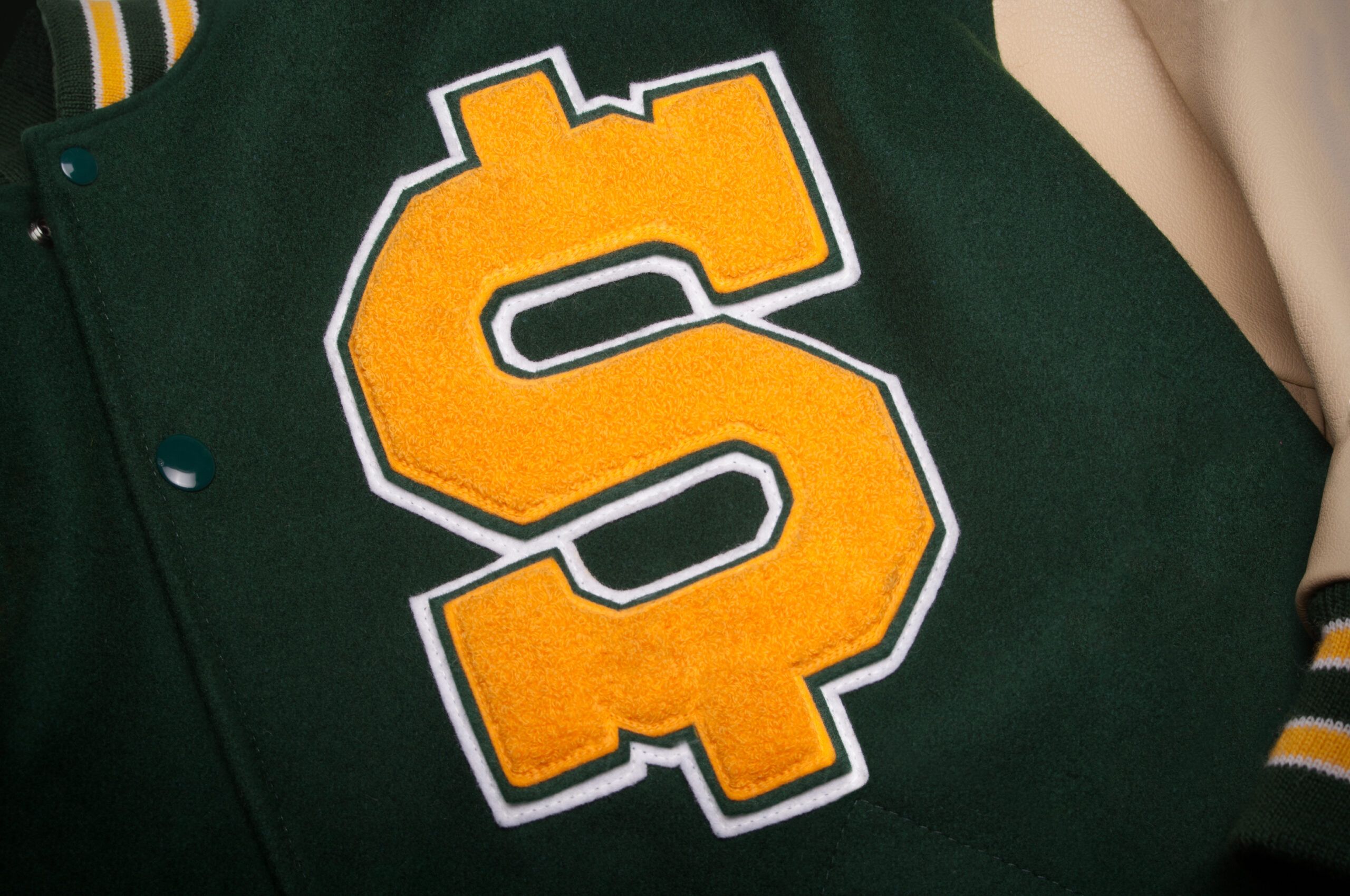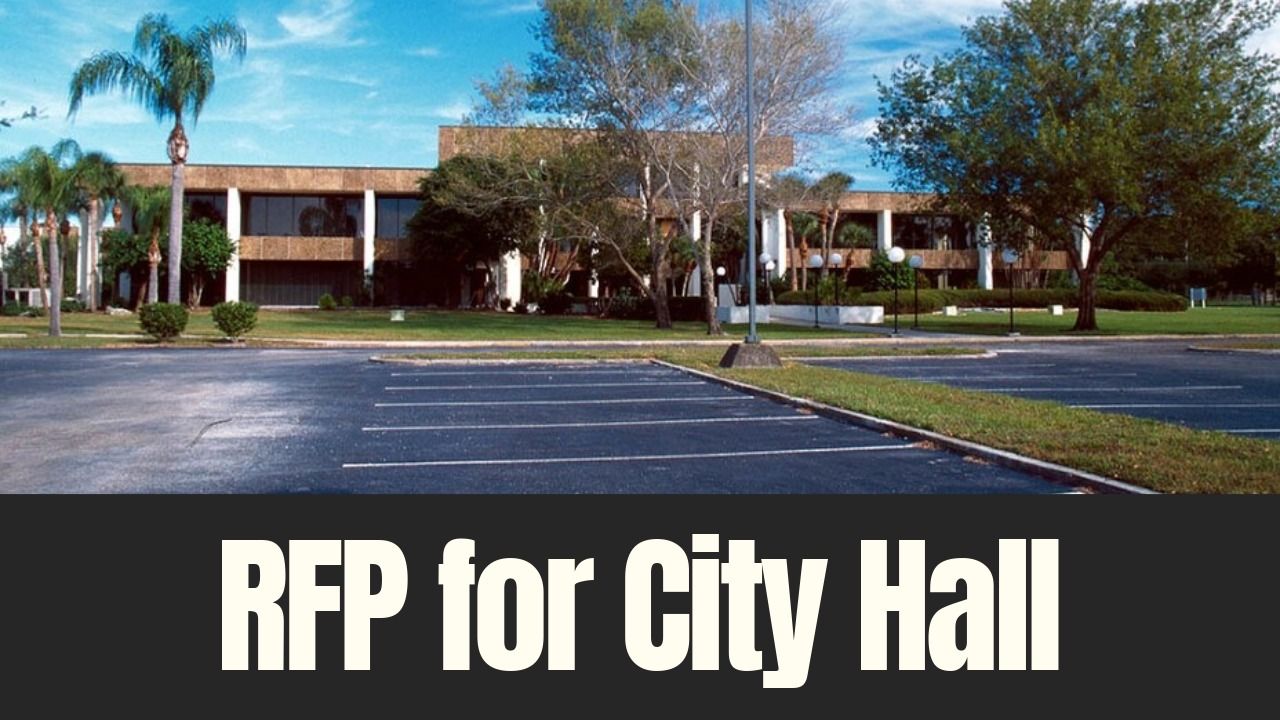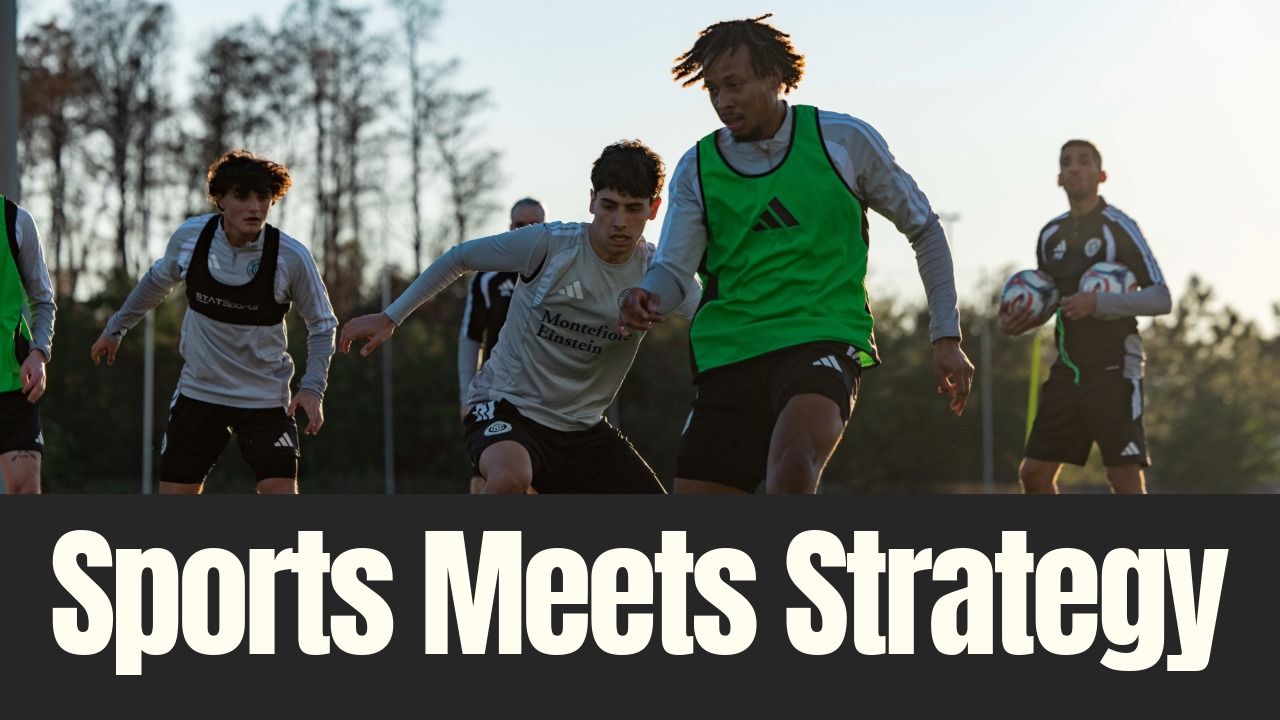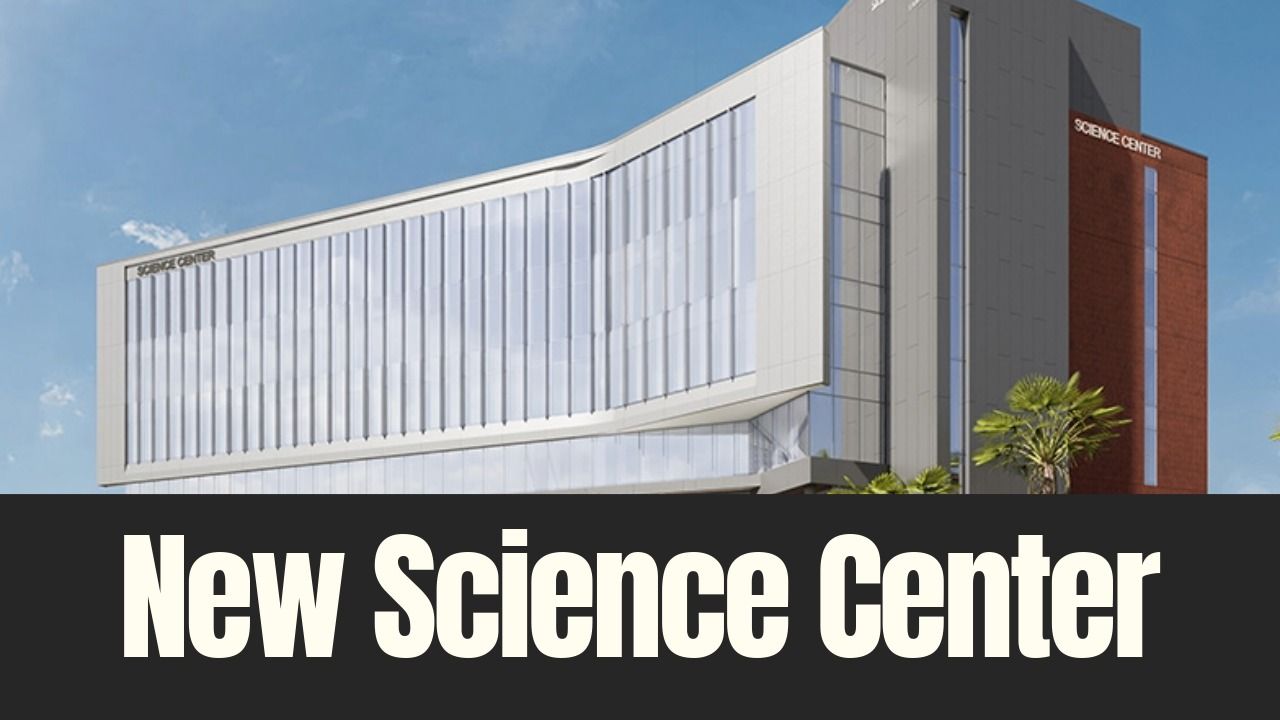University of South Florida sophomore defensive end Le’Vontae Camiel tweeted on the morning of July 1 that he profited from joining Yoke, a gaming company that allows fans to play video games against athletes.
Late that afternoon, fellow defensive lineman Thad Mangum announced that he partnered with a company to produce shirts dedicated to his late father.
Indeed, we are in an era when student-athletes can profit from their name, image and likeness. Hence, do not be surprised if a student-athlete cuts a deal with a wireless communications company, appears at the grand opening of that company’s new retail outlet and gets paid to sign autographs. Or an entire team plays off its growing presence on a social media platform by creating and trademarking a logo and enjoys the many benefits resulting from their effort.
The NCAA has built a gold mine thanks to its student-athletes, who finally can get a piece of the pie.
On June 21, the Supreme Court unanimously ruled college athletes can monetarily capitalize on their brand while competing at the NCAA level.
On June 30, the NCAA, which throughout its history has feverishly protected and enforced its notion of amateurism, had little choice but to relax its rules against college athletes capitalizing on name, image and likeness activities.
On July 1, laws in several states, including Florida, went into effect allowing student-athletes to monetize their brand. (Student-athletes in states that have yet to have NIL laws on the books can still profit. The difference is that more responsibility falls on the individual universities and colleges.)
The ability for college athletes to cash in on NIL deals is not something that has taken the industry by surprise. Winds of change have been roaring through the collegiate athletics landscape in recent years, and the Supreme Court decision was kind of an exclamation point.
USF has been preparing for this day and an in-house committee that includes athletic administrators, coaches, student-athletes and individuals from other areas of the university was formed last summer.
Athletics director Michael Kelly says his department prepared itself as best it possibly could for what truly is a landmark time in college athletics.
“There will be undetermined limits to what we can do for them, and I think we are well-positioned to lay it out so we can make it work for them,” he said, during a June 24 news conference that touched on several topics pertaining to USF athletics and college athletics in general. “At the end of the day, we have 400 to 450 student-athletes that are coming here to play a sport they love and get their education. Now, they can enhance that even more with some benefits that they could earn off their own images and likeness as well as any benefits that we can extend.”
Many benefits the athletic department extends to student-athletes come through the Selmon Mentoring Institute and Enhancing U program. The institute has educated and prepared student-athletes for post-playing careers since it was launched in 2014. Among other things, the institute teaches financial responsibility and pairs student-athletes with business leaders in the Tampa Bay community for mentorship purposes.
The difference now is that, instead of focusing on preparing student-athletes for the day they leave the university, the scope has been expanded to provide them with the necessary tools that allow them to build and execute their personal brands today.
“My big thing right now, is that the big shift for the student-athletes is kind of like they have the opportunity to set up their own business now,” said Kelly. “Those are the things we have always done for our Enhancing U program and our Selmon Institute mentoring program. They are usually preparing our young men and women for two, three, four years down the road. Now, it’s like you have to use your mindset for right now. If you have a chance to set up Player X Enterprises right now, you have to get your ducks in a row to take advantage of the opportunity.”
Setting up a business requires a level of financial acumen that can be beyond the experience level of many young adults. Many may have a strong level of proficiency with one or more social media platforms, for example, but may not have the know-how when it comes to monetizing their skills. That is part of what Kelly’s staff and the in-house committee have been helping with when it comes to making resources available to the student-athletes.
“Many student-athletes have never had to file taxes before because they have not been employed, or maybe did not make enough to warrant filing taxes,” said Dawn Castro, executive director of compliance with USF athletics. “We tell them, ‘You might have a lot of money coming in. We can’t recommend CPAs to you, but we are going to give you the resources that will allow you to figure that out on your own.’”
Student-athletes at USF have access to brand-building and compliance tools through the university’s relationship with Inflcr (pronounced: “influencer”), a company that began in 2017 and has partnered with more than 1,000 college and professional teams. USF and Inflcr have been working together for a few years, a relationship that has been elevated thanks to the NIL bill taking effect.
Through Inflcr, USF launched a program, called Boost, which is part of the Selmon Mentoring Institute and provides the technology and brand-building assets for all student-athletes. Student-athletes must use the platform to self-report deals that have been, or are about to be, consummated to the athletic department’s compliance staff.
When it comes to taking advantage of NIL opportunities, a student-athlete will get out of it what he/she puts into it.
“That’s what we have been trying to preach,” Castro says. “Some of them got the impression that [when July 1 arrived], the money is just going to start magically flowing in. We have been educating them on the fact that this is additional work for them.” ♦













